
The carefree China millennials who prefer to spend than save: profiles of the moonlight clan
They work for luxury brands, in PR or new media, and blow most of their salary on fashion, cosmetics, socialising and eating out – making them dream customers for the likes of Gucci. Youthful luxury lovers share their lifestyles
Clinton, a 24-year-old Beijing-based professional, spends like there is no tomorrow, typical of China’s so-called moonlight clan whose focus is enjoying life to the full.
And their carefree spending of most of their income – in stark contrast to the saving habits of previous generations – is a major contributor to luxe sales in China. Market research firm Kantar Millward Brown attributes this phenomenon to the 66 per cent growth in Gucci’s brand value this year.
China’s live-streaming fashion boom woos Gen Z buyers with growing success
Clinton, who does not want his real name used, says he burns about 70 per cent of his income on socialising and dining out. The rest he will splurge on spa massages, high-end home accessories, and impulsive purchases of sneakers and clothing. Spending 5,000 yuan (US$772) – almost half his monthly salary – on a single item is not a problem.
“Thanks to financial support from my family, I was comfortable with a certain standard of living when I was studying,” says Clinton.“However, when I first started working, I realised how difficult it was to sustain that lifestyle on my salary ... Although I have adjusted my spending down a notch compared to when I was a student, I have hardly any money left by the end of the month.”
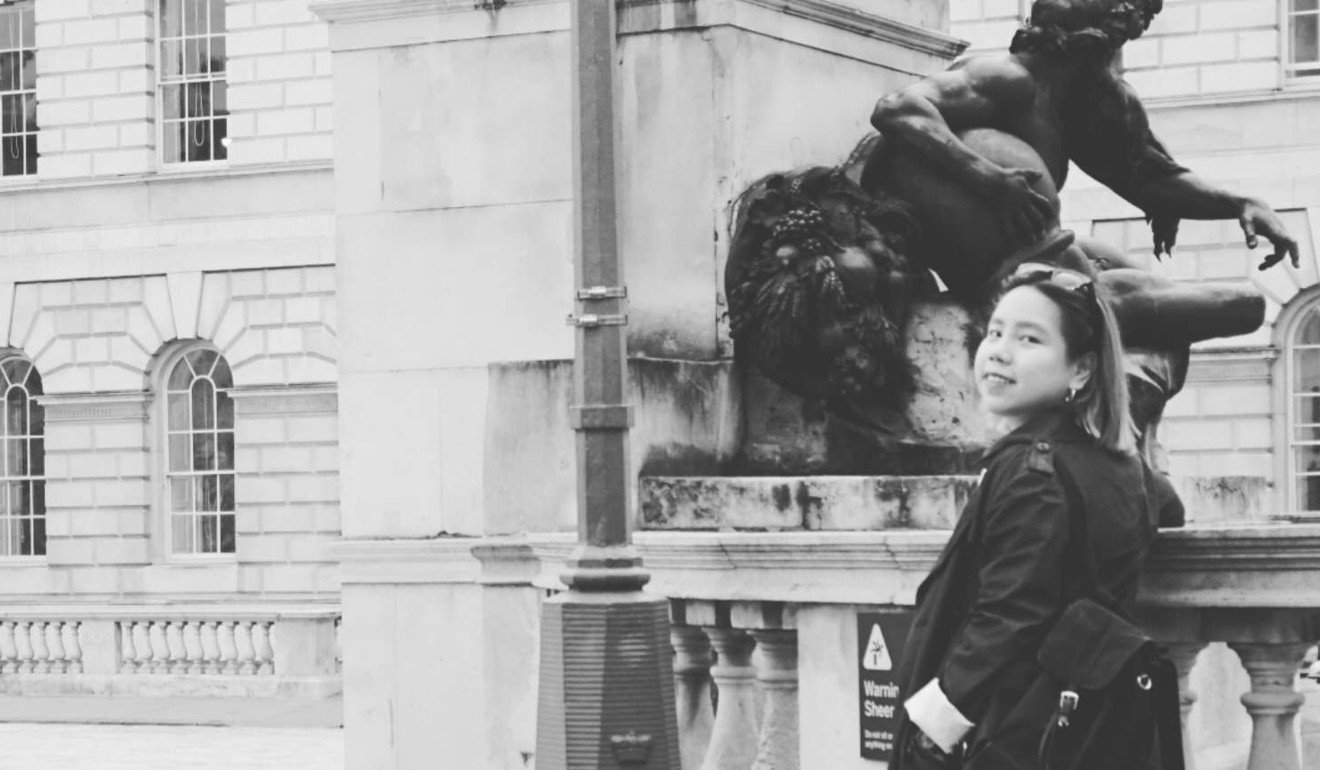
The term “moonlight clan” – a combination in Chinese of moon/month and light/used up – was first used by Western media around 2011, shortly after a study of 15- to 35-year-olds in Guangzhou revealed that more than 30 per cent exhibited “moonlight clan behaviour”.
Trying to live a life that you can’t afford is so hard
Gen-Y and Gen-Z, who grew up during a China boom in the luxury sector, are much more inclined to spend freely, Kantar says.
New fintech tools for millennials, from small loan apps to online credit cards, are making it even easier to splash out more.
This is how some working professionals are putting spending pleasure first.
The luxury lifestyle chaser
Marcus, 26, has been living from pay cheque to pay cheque since he graduated from university three years ago. He spends at least 90 per cent of his income on clothing and cosmetics, he says.
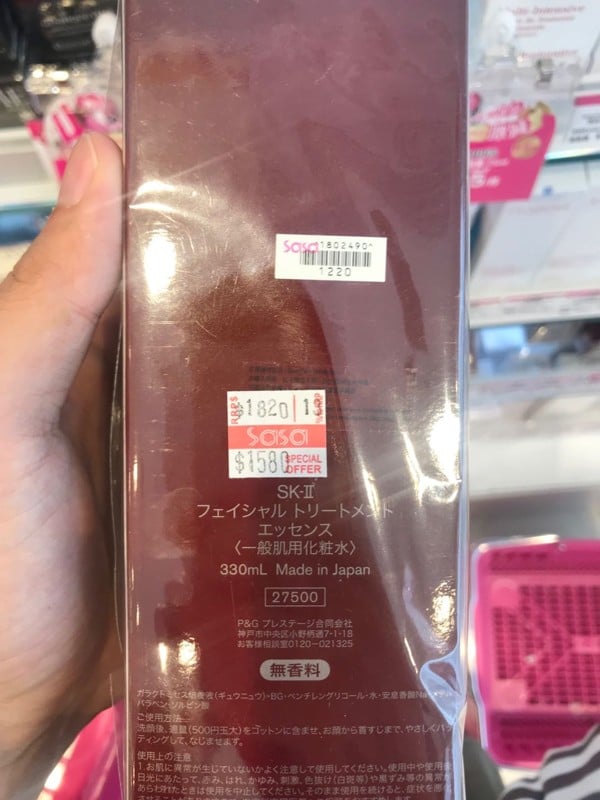
“Making myself look better is always the most important thing, and it’s also important for my job,” says Marcus, who works for a luxury brand. “I want to give people a good first impression. And of course, that might cause financial problems, but it’s necessary. I can’t avoid it.”
5 facts about the spending and social habits of China’s post-00s generation
His family members, including his older sister, have warned Marcus about his spending getting out of control.
“But saving is like a drop in the bucket – more income is the only way to solve your problem,” he says. “All I can do is make more money and try not to let my family worry about me any more.”
Marcus says his spending is largely related to his work for the luxury brand, where his salary is “just average”.
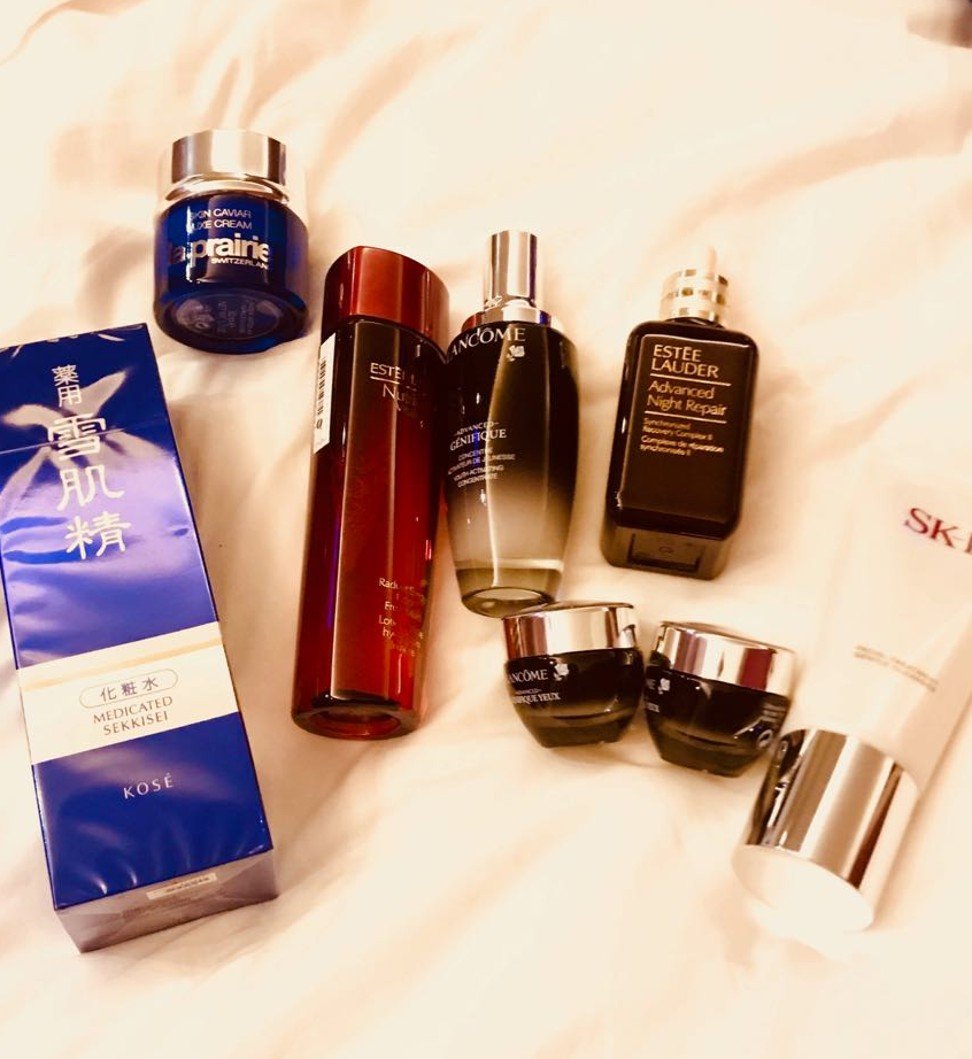
“People may think that working in the fashion industry can make you a lot of money, but I can tell you that is not true,” he says. “Everything is relative. You have more bills to pay here, and I’m not just talking about rent. That’s basic. You need to go to more social events and buy decent outfits for attending different occasions. Trying to live a life that you can’t afford is so hard ... Your salary is never enough.”
Marcus usually maxes out his credit cards on luxury purchases: “Working for a luxury brand, how can you not buy any luxury goods?” A loyalty member of cosmetics brand La Prairie, Marcus thinks nothing of spending at least 40,000 yuan on a single shopping trip.
“But I think I’m getting better,” he says. “Being poor is temporary.”

The self-gifter
A brand public relations representative in Beijing, Lily, 29, has considered herself a member of the moonlight clan since she started work after graduating.
I don’t think saving is a good way to make me happy
Her parents want her to save more so she can buy a house or a car, but Lily says she would rather spend the money to relax now.
“When I get information on discounts for new products, I usually go along with friends to buy myself some gifts. As you know, we need gifts to cheer us up,” she says. “I like luxury shoes and beauty products so much. We also like to find nice places around the central business district to have a drink on the weekends.”
How fashion influencer and KOL Peter Xu is changing social media in China
Lily spends about two-thirds of her 15,000 yuan salary on social events with colleagues, hanging out with friends, and shopping. She pays about 3,000 yuan in rent for the three-bedroom flat she shares with friends. On a good month, she tries to save, with the goal of putting 30 per cent of her salary away for her future.
“But I don’t think saving is a good way to make me happy, so I won’t pressure myself. If I like something and I can afford it, I will buy it – that’s it.”
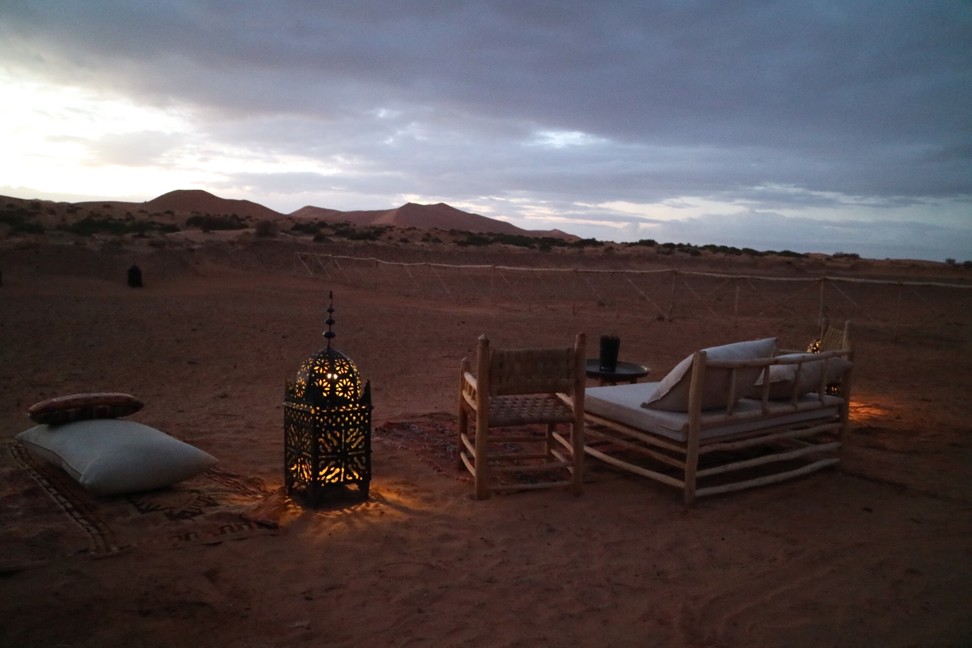
The carefree travellers
Since buying a new flat in Shanghai last year, new media worker Tienne, 30, has been spending half of her monthly salary on her mortgage. She spends between 20 per cent and 30 per cent of her income on non-necessities, setting aside a large portion so she can go travelling once or twice a year. So Tienne considers herself part of the moonlight clan.
Top Chinese beauty blogger’s advice: shop at British pharmacy Boots
“It’s nice to save a little bit every month, but in my opinion it’s more important to have fun and enjoy life,” Tienne says, who insists that she lives within her means and never takes out loans.
During the Lunar New Year this February, she visited Morocco with friends, spending about 5,500 yuan for a seven-day trip. But her lifestyle has changed in the past year. Now, she says, she spends more on experiences, such as visits to museums, and bars and clubs maybe three times a week. Before, make-up and clothes were a priority.
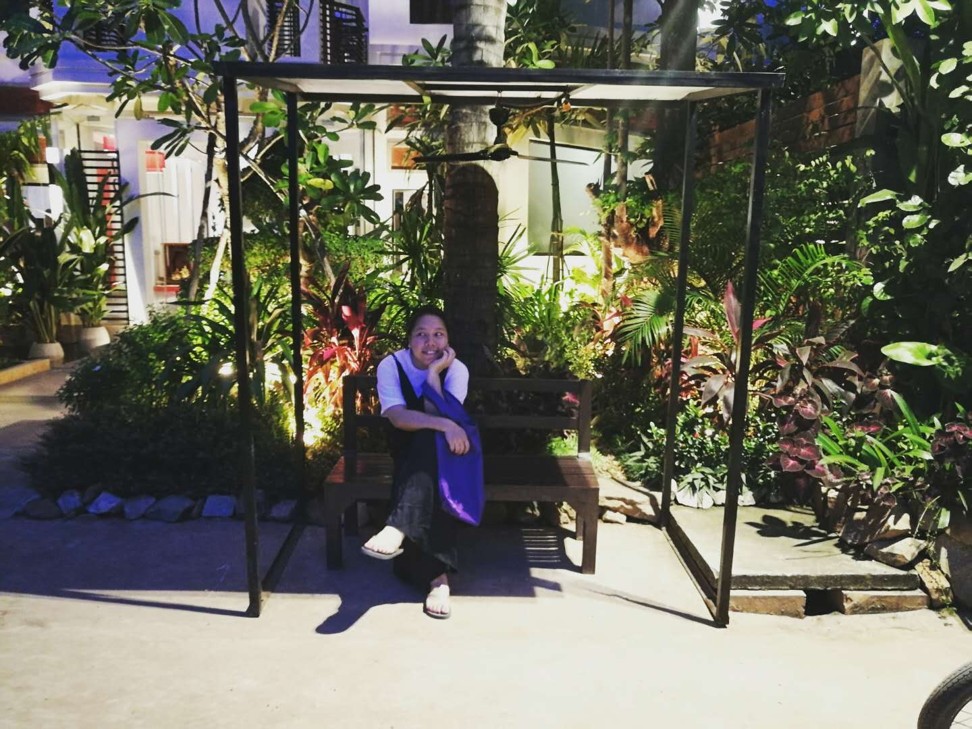
Deselle, a 29-year-old Shanghai resident who works as a supervisor in a creative field, also prioritises spending on travel. She’ll spend up to 10,000 yuan for a trip – equivalent to her average monthly salary.
“Travel is the best way to take a break and relax,” she says. “I want to travel to different places and see beautiful things. I’m not worried about my finances – I have to keep working, keep earning, and try to make more money.”
How US luxury brands conquered China
The foodie
Once a spender, always a spender, says Chloe, 24, who lives in Beijing and works in the luxury e-commerce sector as an assistant branding manager. “As I was studying abroad for many years with financial support from my parents, I didn’t save money for anything. So since I formed that kind of spending habit, it is hard to change now.”
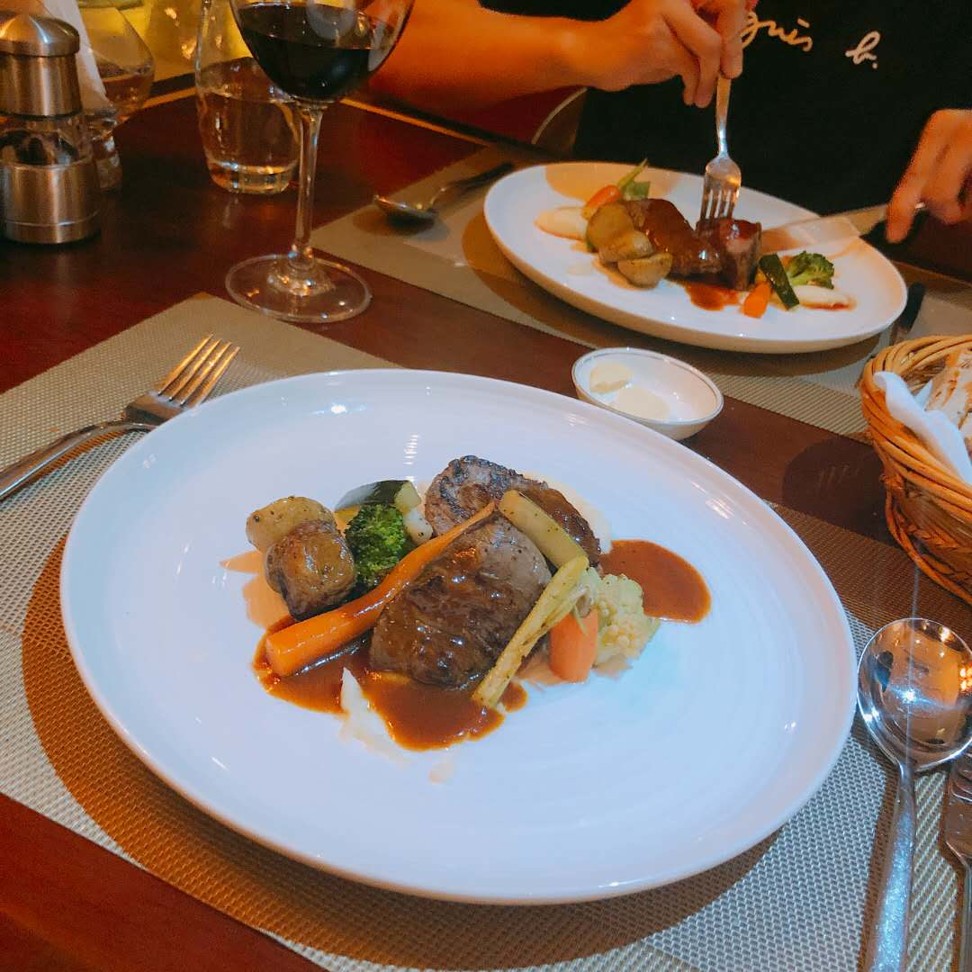
Chloe says she usually spends more than she earns each month, and even gets help from her parents – because rents in the capital are constantly rising.
More than 80 per cent of her salary goes on fine dining and coffee dates with friends. The remainder she spends on small, affordable luxury items such as scarves and wallets, and high-end cosmetics.
Chloe says her parents don’t mind seeing her spending money on food.
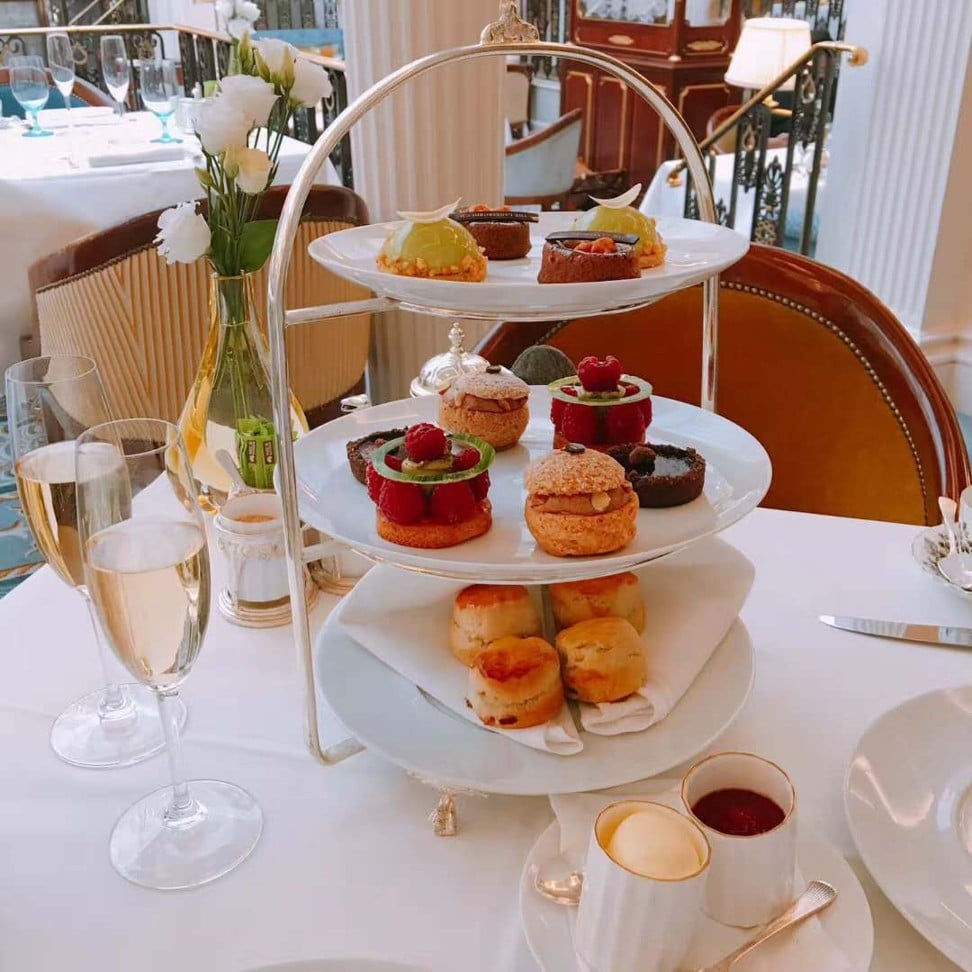
“They always tell me, ‘Eat something good’, and they buy expensive organic produce or meat every day,” she says. “But my parents are new to luxury goods, and at first they did not understand how a handbag could cost such a ridiculously high price. But now my mother is a big fan of Fendi and Louis Vuitton.”
Asked how secure she feels about her financial future, Chloe says: “I feel very secure and confident at the beginning of the month, and extremely insecure at the end.”

